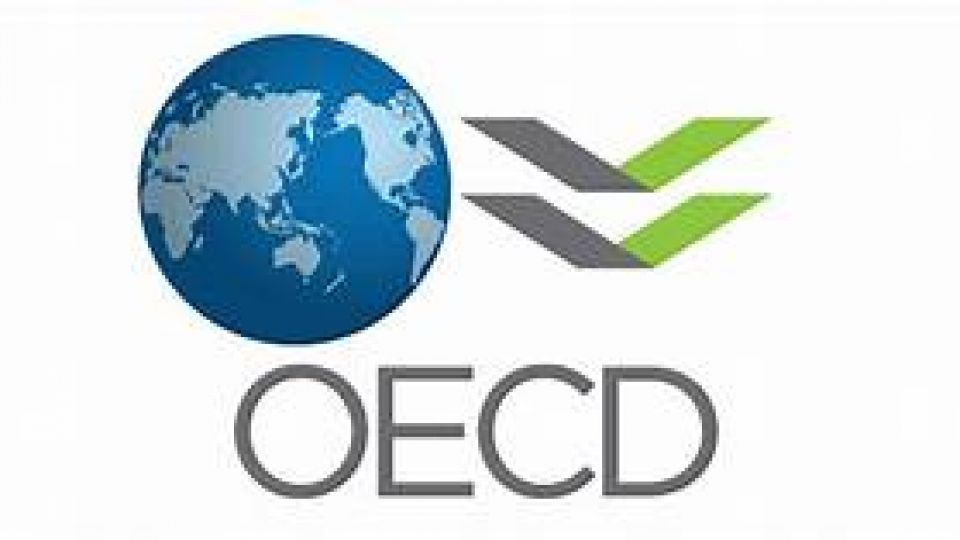October 8, 2019
The Organization for Economic Cooperation and Development (OECD) is studying a draft of a new international rule aiming at properly taxing IT giants, The Yomiuri Shimbun has learned.
Under the new OECD rule, governments would be able to impose corporate taxes on multinational companies whose sales and operating profit margin exceed certain levels, even if the companies do not have a physical presence, such as branches and factories, in the relevant country. Although the draft does not state a specific figure, discussions are expected to move toward setting “over 10 percent” as the standard for the operating profit margin.
Under the current international taxation rules, a physical base such as a factory or branch is called a “permanent establishment (PE),” and there is a principle that a country cannot tax a company unless it has a PE in that country.
However, giant IT companies, which earn money mainly through internet advertising, are expanding their businesses around the world without establishing PEs.
As a result, many countries have been unable to collect corporate taxes from the IT giants, despite their huge number of consumers. Calls have become stronger internationally to rectify the situation.
In light of opposition from the United States — which has such giant IT companies as those communally called “GAFA,” including Google and Apple — the draft does not limit the imposition of taxes to the IT industry. However, it stipulates that regardless of whether there is a PE in a certain country, taxes can be imposed on large IT companies based on sales and operating profit margin, which is the operating profit as a percentage of sales.
Compared with manufacturers and other companies with factories and many employees, IT companies tend to have higher operating profit margins. Simple calculations based on financial reports shows that Facebook had an operating profit margin of about 44 percent in the period ending in December 2018, while Apple recorded 26 percent in the period ending in September 2018.
In contrast, Toyota Motor Corp. had an operating profit margin of about 8 percent in the period ending in March 2019.
The draft aims to set a standard for the amount of sales, and exempt companies that fail to meet the standard for taxation, even if their operating profit margins are high. The draft further proposes that some industries and business categories be excluded from the new rule, for the purpose of reaching an international consensus.
The OECD plans to release the draft as early as Wednesday and solicit opinions from related countries and companies. Countries including Japan, the United States and European countries are aiming to reach a broad agreement in January 2020 and a final agreement by the end of 2020.


